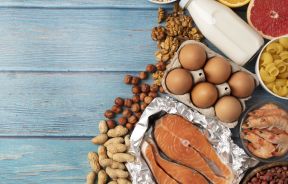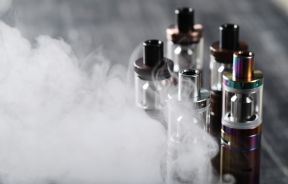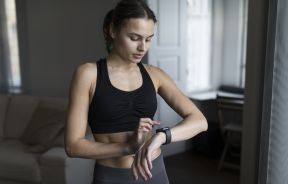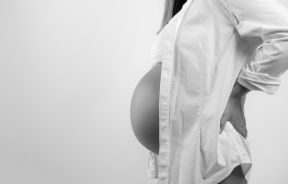Synthetic Milk Could Be In Your Fridge By 2017, Boosting Quality Of Health, Environment
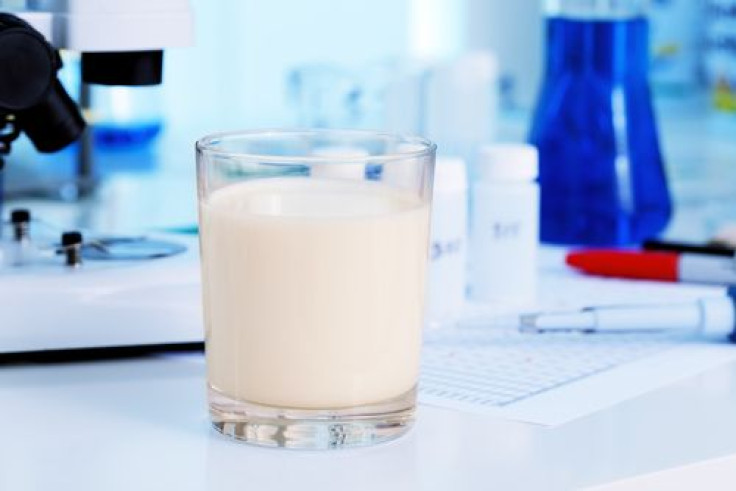
Two American bioengineers are working on creating the first no-cow-required glass of milk with genetically engineered yeast. Ryan Padya and Perumal Gandhi hope their San Francisco-based start-up company Muufri can churn out a petri dish product onto the market by 2017. Earlier this year, the Silicon Valley pair started lab trials to mimic cow milk by preserving the right taste and nutritional benefits without the cow.
"If we want the world to change its diet from a product that isn't sustainable to something that is, it has to be identical [to], or better than, the original product," Gandhi told National Geographic, which is currently producing a Sustainable Earth: Food series and chose to feature the two milk-making men. "The world will not switch from milk from a cow to the plant-based milks. But if our cow-less milk is identical and priced right, they just might."
In the laboratory, Padya and Gandhi start by removing DNA from cattle and inserting it into yeast cells. The cells are sequenced and the cultures grow under temperature-controlled conditions until they’re ready to harvest the proteins. Potassium, calcium, fat, and other necessary minerals are extracted into the mix along with a substitute for lactose. The scientists want those who are lactose intolerant to have the option of drinking their milk. They’re experimenting with sugars other than lactose because 65 percent of adults have trouble digesting lactose naturally found in milk, according to the U.S. National Library of Medicine. The process is the same one used to manufacture insulin and has been proven extremely safe, according to Gandhi. The current milk extraction process that’s in place, however, isn’t as reliable.
"Fundamentally, you're controlling the reproductive system of an animal. It's incredibly invasive," Pandya told National Geographic. "A lot of people are motivated by the environmental factors, but imagine that happening to an animal. Really, if you consider yourself an environmentalist and then you consume dairy, it's all for naught."
Padya and Gandhi are both vegans who believe the livestock industry is inhumane and have taken on the synthetic milk market to create a sustainable milk option for future generations. Currently, it isn’t ready or affordable for mass production. But in the future, the two already foresee the more people who rely their cow-less milk, the greater the dairy industry’s three percent annual greenhouse gas emissions will decrease.
They aren’t the only team attempting to create dairy products in the laboratory. Impossible Foods is designing a cow-less American cheese, while another company Real Vegan Cheese is run by volunteer bioengineers who are just looking for a sustainable cheese to enjoy. Dairy consumption continues to grow more than six billion worldwide, according to the Food and Agriculture Organization of the United States. Since the 1960s, it has increased almost twofold, and laboratories are trying to catch up so farmers won’t have to.




